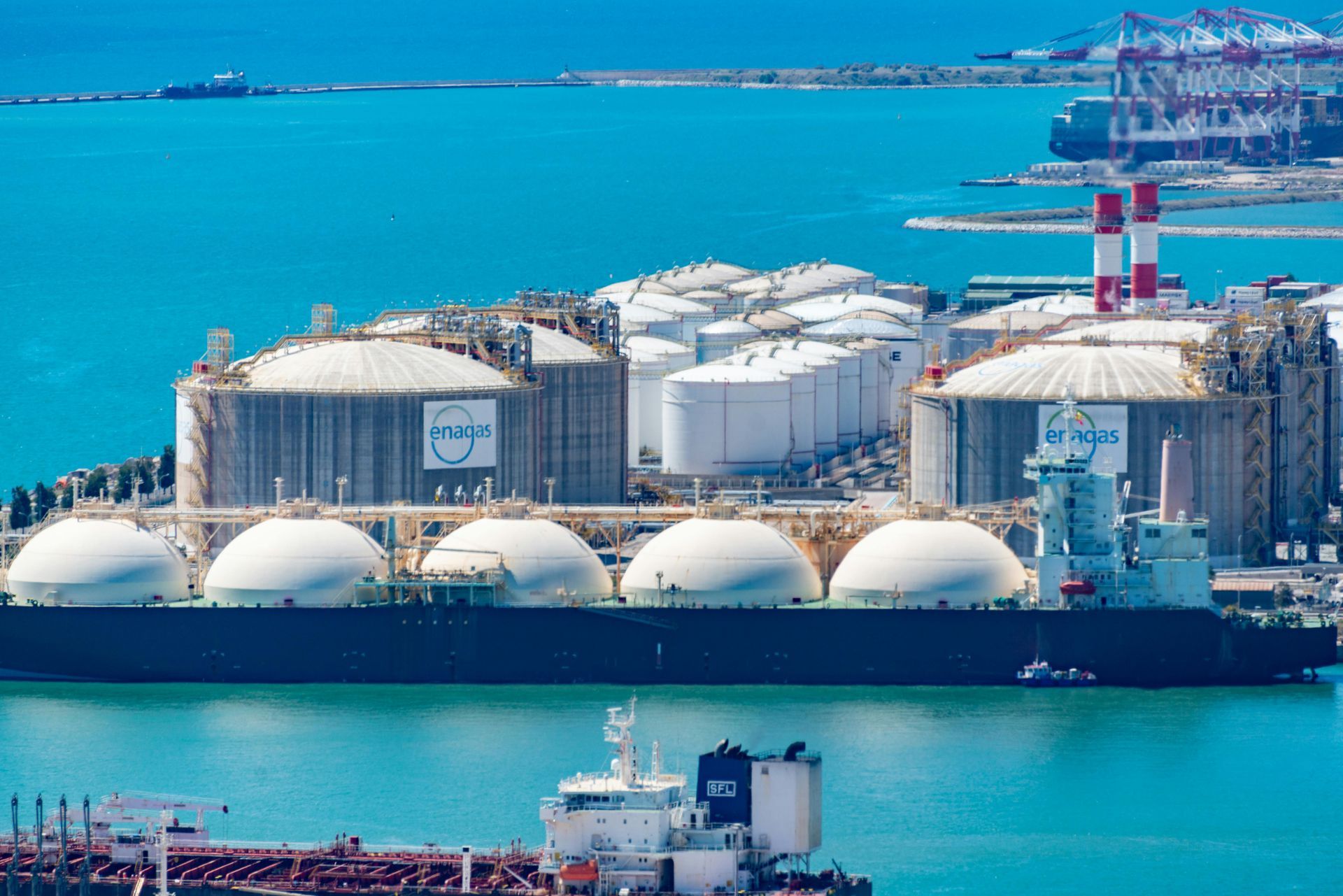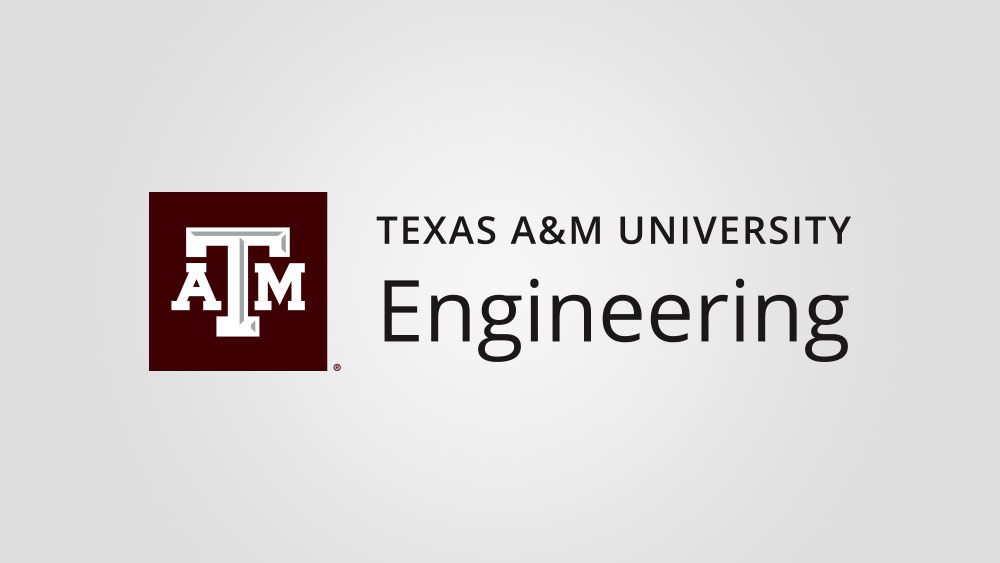DOE issues $2.7B RFP for low-enriched uranium in bid to grow domestic nuclear supply chain
Strengthening the nuclear sector, with a particular emphasis on the domestic supply chain, is essential for decarbonizing the U.S. energy sector, according to DOE officials last week.
The Request for Proposals (RFP) issued Thursday aims to boost safe and responsible uranium enrichment capacity in the U.S., diversify the market, and ensure a reliable supply of commercial nuclear fuel to support American energy security and resilience, independent of Russian influence, the DOE stated.
By developing domestic low-enriched uranium (LEU) capacity, the U.S. will secure sufficient fuel for its current nuclear fleet and the deployment of advanced reactors, the agency noted. The RFP seeks LEU from new domestic enrichment sources or expansions from existing producers, which the DOE will then sell to utilities operating reactors.
Energy Secretary Jennifer Granholm stated that the Biden administration is kickstarting uranium enrichment capacity in the U.S., which is vital for national security and the growth of the domestic nuclear industry. The RFP announcement emphasizes America's dedication to maintaining its global leadership in nuclear energy for future generations.
The RFP is financed by the Emergency National Security Supplemental Appropriations Act of 2024, which allocated funds for conventional and advanced U.S. uranium enrichment capabilities. These funds were made available through legislation banning Russian uranium imports, signed by Biden in May.
Additional efforts to expand the domestic nuclear sector are in progress.
In June, the U.S. Senate passed bipartisan legislation to streamline the Nuclear Regulatory Commission’s oversight of the existing U.S. nuclear reactor fleet, potentially accelerating the permitting and deployment of advanced nuclear reactors. The Accelerating Deployment of Versatile, Advanced Nuclear for Clean Energy Act directs the NRC to update its mission statement to ensure that licensing and regulation of the civilian use of radioactive materials and nuclear energy are efficient and do not unnecessarily limit their use or societal benefits.
Advanced reactor licensing guidance issued by the NRC in March provides a pathway for new reactor technologies, experts say.







